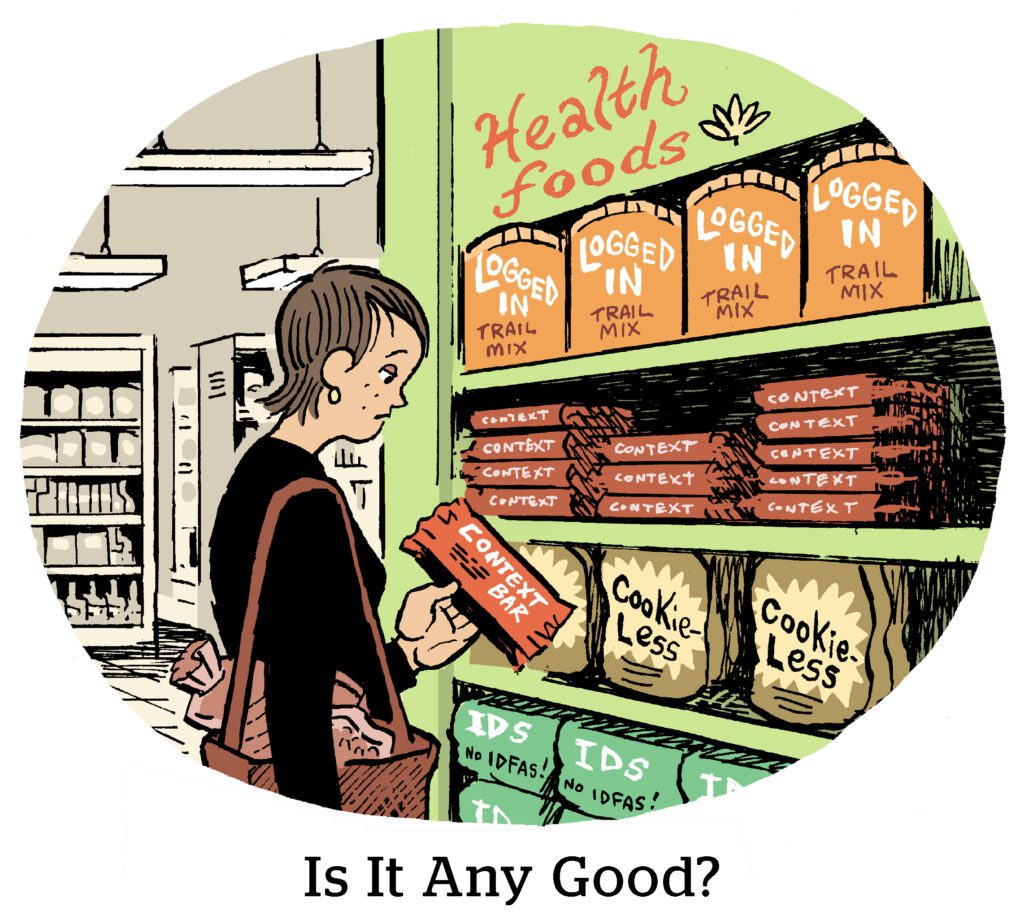Attention!
In September, AdExchanger broke news that the MRC and IAB were working together to develop standards and certifications for attention metrics. DoubleVerify, Integral Ad Science and Adelaide were cited at the time as being in the early stages of an MRC audit.
Now it looks like Adelaide may be poised to be the first vendor to receive accreditation for an attention metric, Digiday reports.
DV already has an accreditation for its proxy signal-based approach to measuring attention, but let’s not get lost in the jargon.
It’s an important step for attention measurement overall, because an MRC accreditation is a sign of commitment by a vendor, like getting fruit certified organic.
“It is a very involved process – they’re [the MRC are] very, very rigorous,” Adelaide CEO Marc Guldimann tells Digiday.
Putting aside the question of whether trying to standardize attention metrics at all may be wrongheaded, an MRC accreditation bestows the “imprimatur of legitimacy,” as Digiday puts it.
And if there’s one thing any new metric needs, it’s a mark of legitimacy.
IAB vs. FTC
The IAB is leading a lawsuit against the FTC challenging the agency’s new “Click to Cancel” subscription rules, MarTech reports.
It’s the first time the IAB has sued the government.
The FTC rule pertains to “negative option offers,” which is when a business automatically renews subscriptions every year or cycle, rather than affirmatively confirming that the customer wants to continue paying.
“While IAB supports reasonable regulation, these new rules threaten a business model essential to companies of all sizes across various industries – and to consumers,” writes IAB Executive VP of Public Policy Lartease Tiffith in a release.
But implicit in Tiffith’s statement is evidence of the IAB’s problem. Consumers appear to be almost an afterthought.
The FTC rule is popular. People prefer the option to renew, and company’s could still offer free trials and use other enrollment tactics.
Meanwhile, is it even good that online subscription-based shopping is especially popular with young Americans? The IAB notes this fact in its defense.
The Cost Of Video
Quality video is expensive – and not just production. The cost of hosting a large streaming platform is mounting.
The latest example comes via Instagram, which confirmed its internal approach of reducing the resolution for older, less popular Stories and video posts, The Information reports.
Top videos get the most crisp video quality, of course, but quality is on a “sliding scale” in response to how much users are watching, says Instagram Head Adam Mosseri.
Other services are reckoning with similar cost issues related to storage space.
Dozens of HBO programs, for example, including Westworld, are now straight-up gone from Max. Instead, Warner Bros. Discovery licenses the show to FAST networks like Tubi that play content with ad breaks, and WBD avoids the high cost of streaming cinema-grade video.
Like Instagram, YouTube has also taken to throttling video quality, but as an anti-ad blocker tactic. Meanwhile, last December, Amazon Twitch shut down video hosting in South Korea over prohibitive network costs.
But Wait! There’s More!
Meta is working on its own AI search engine to decrease its dependence on Google and Microsoft. [The Verge]
The FTC is rolling out new regulations against deceptive advertising practices – and brands aren’t ready for them. [The Drum]
The LA Times lost more than 7,000 of its 400,000 subscriber base following its decision not to endorse a presidential candidate. [The LA Times]
Meanwhile, el Nueva Dia, Puerto Rico’s largest newspaper, endorsed Kamala Harris in direct response to comments made at Trump’s MSG rally. [El Nueva Dia, h/t Cesar Santiago]
Snap’s stock drops after projecting slower holiday ad sales. [Bloomberg]











